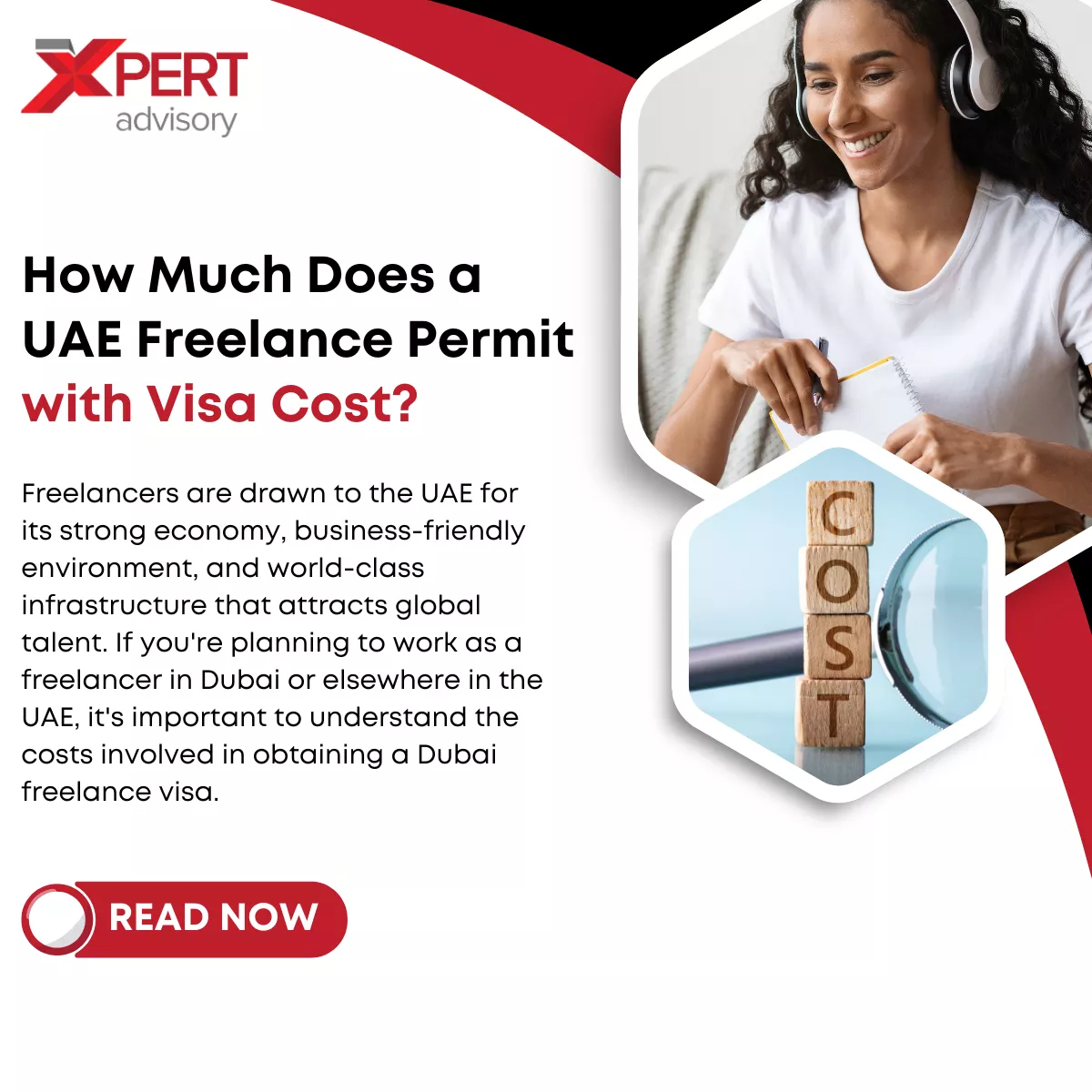Estate agents must prioritise anti-money laundering compliance because real estate operations expose them to multiple dangers. Criminals use the property market as a hiding place for their illegal money; thus, real estate agents must recognise and stop such dubious practices. In this guide, we’ll discuss all the important aspects of anti money laundering risk assessment for estate agents and provide effective strategies to help you enhance your current approach.
What are AML Checks for Estate Agents in UAE?

Estate agents conduct AML checks as established procedures to prevent money laundering practices and various financial frauds.
Real estate properties leave significant amounts of money at risk for money laundering activities, which makes the sector susceptible to such criminal practices. Estate property transaction participants get regularly checked through these procedures to exclude them from using property transfers for money laundering operations.
Within KSA, real estate brokers and offices must obey the provisions of the Anti-Money Laundering Law and its implementing regulations. The Ministry of Commerce in Saudi Arabia reports that real estate money laundering frequently occurs in societies involving cash transactions.
Moreover, the real estate industry uses distinct proceedings for money laundering because its buying and selling operations have different features.
Money Laundering Red Flags in Real Estate Transactions
Specific scenarios indicate potential money laundering activities and financial crimes within the real estate industry, which are as follows:
- Payment of the entire amount of the value of the property in cash.
- Complex financial arrangements through credit financing enable people to use borrowed funds to purchase real estate for money laundering purposes. When borrowers return the funds they paid for loans, they compel untraceable funds into standard banking practice.
- Property laundering occurs through undervaluing property or performing successive residential sales to increase the market value.
- Unnecessary frequent renovations in property point to investments from illegal money dealings.
- Unknown third parties assist property buyers and sellers in maintaining their ownership privacy by using their criminal record checks.
- Owners conceal their property ownership through trusts, companies, shell enterprises, and front entities.
- Multiple purchases or sales of property
- Any unusual possession of property assets by a legal owner, an unidentified mortgage lender, abnormal financial funding, and irregular living standards indicate real estate money laundering activities.
- PEPs and sanctioned individuals can buy real estate through their disguised roles as high-ranking officials and family members of such officials.
- A money-laundering situation occurs when criminals use their real estate purchases to execute illegal drug production activities on the acquired land. Criminals use the launder money to buy additional properties, which conceals the criminal nature of their income.
- A real estate property exchange lacks commercial purpose due to the lack of interest displayed by involved parties.
- Money launderers purchase properties through third-party accounts, which they use to establish themselves as renters. The third party serves as a recipient of illicit payments for rent.
- Different professionals help money launderers perform invisible money transactions for which detection is impossible. Criminals enlist the help of accountants, trust and company service providers, and lawyers to create legitimate appearances from their illegal operations.
- People use illegal money to purchase land in overseas territories to conceal assets from domestic legislators.
These possibilities triggered the UAE government to establish anti money laundering risk assessment for estate agents. Next, we will examine critical rules and directives that control real estate companies’ compliance with AML/CFT regulations.
AML UAE Regulation for the Real Estate Sector

The UAE relies on Decree-Law No. 20 of 2018 to establish its primary anti-money laundering framework against terrorism financing and suspicious transactions. Real estate agents and brokers fall under the scope of AML law after becoming subject to the implementing regulation, which was determined by Cabinet Decision No. 10 of 2019.
UAE real estate agents and brokers must follow AML requirements. Real estate professionals need these standards because they lack understanding regarding suspicious money laundering or financing of terrorism activities.
AML Risk Assessment Strategies for Real Estate Brokers
The evaluation of property-based transactions comprises risk recognition followed by risk evaluation while developing risk management strategies for potential property-related threats. Real estate risk assessment and management requires these essential components to generate successful results in the sector:
- Identification of Risks
- Possible risks, including financial elements, legal and regulatory aspects, and market factors, must be identified.
- Particular risks must be analysed during all phases of a real estate transaction, from listings to final closures.
- Customer Due Diligence
- A thorough property evaluation must include completing multiple assessments such as title document examination, customer risk profile, environmental inspection, and zoning investigation.
- All property documentation needs verification for ownership legitimacy to prevent potential legal issues.
- Market Risks
- One should study current market patterns and circumstances to evaluate property value changes.
- The real estate market encounters economic effects from rising interest rates and inflationary trends.
- Financial Risks
- Analyse how stable the financial positions are for all participants who participate in the deal, such as buyers and sellers alongside lenders.
- The evaluation of default risks needs to be performed for all mortgages and loans involved in the transaction.
- Regulatory Compliance
- Real estate transactions must follow all existing rules that apply at local and national levels, as well as regional regulations.
- Businesses must implement robust AML compliance and know-your-customer (KYC) regulations required by law.
- Environmental and Physical Risks
- Review all environmental dangers affecting the property by examining its contamination and hazardous conditions.
- The physical state of the property needs evaluation to detect all maintenance and structural problems.
- Transaction Structure
- Hazard analysis should focus on possible risks from various transactions involving financing arrangements, joint ventures, and lease agreements.
- Review the effects that transaction terms create for potential risks and liabilities.
- Legal Risks
- Survey the property to discover probable legal issues, including ownership disagreements, zoning infractions, or property restrictions.
- Staff must collaborate with legal experts who completely adhere to all AML policies from the beginning to the end of the transaction.
- Insurance Coverage
- You must determine coverage requirements for insurance that would protect your investment in case of property damage incidents, liability events, or title defects.
- Insurance policies should cover all potential risks sufficiently.
- Mitigation Strategies
- Implement risk protection measures that develop from the risks that become apparent.
- The transaction needs contingency plans that will address unexpected challenges that occur.
- Documentation and Communication

- All aspects of the risk assessment and mitigation strategies must receive documentation.
- The team must communicate clearly with clients and all stakeholders about foreseeable risks and defined risk management solutions.
Final Words
Anti money laundering risk assessment for estate agents is essential to reduce the risk of financial crimes within the industry. Estate agents must act with continual awareness by noticing suspicious signs while performing thorough investigations and enforcing AML UAE regulation standards. Moreover, implementing effective risk assessment strategies enables real estate professionals to protect their deals and build a more secure, transparent market.
AML risks are real, but with the right strategy, they’re manageable. At Xpert Advisory, we offer AML compliance consultancy services to help you guide through complicated rules, identify risk factors, and build solid measures against money laundering activities. Book your consultation now to establish a risk-free real estate business that adheres to legal standards!
FAQs
What is Risk Management in AML Compliance?
A risk assessment lets countries discover their money laundering and terrorist financing threats by analysing and understanding their vulnerabilities. By understanding these risks properly, countries can apply AML/CFT measures that match the risk level through risk-based approaches.
Do Estate Agents Conduct Anti-Money Laundering Checks?
Estate agents are required to perform client background checks, which helps lower the potential for fraud. The anti-money laundering regulation for estate agents requires long periods of administrative work.
How Often Should Estate Agents Conduct an Aml Risk Assessment?
An AML risk assessment should be conducted regularly and updated whenever there are changes in regulations, business operations, or risk exposure. Annual reviews are recommended.






